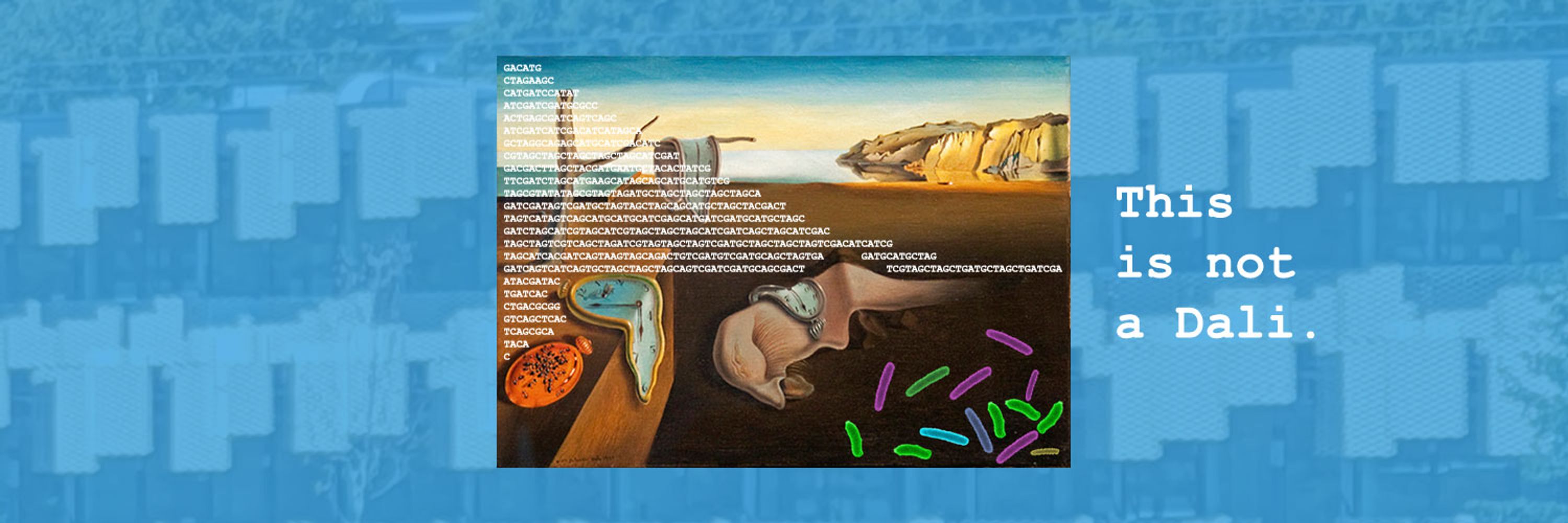
https://cellularcomputing.team/
https://manishkushwaha.net/



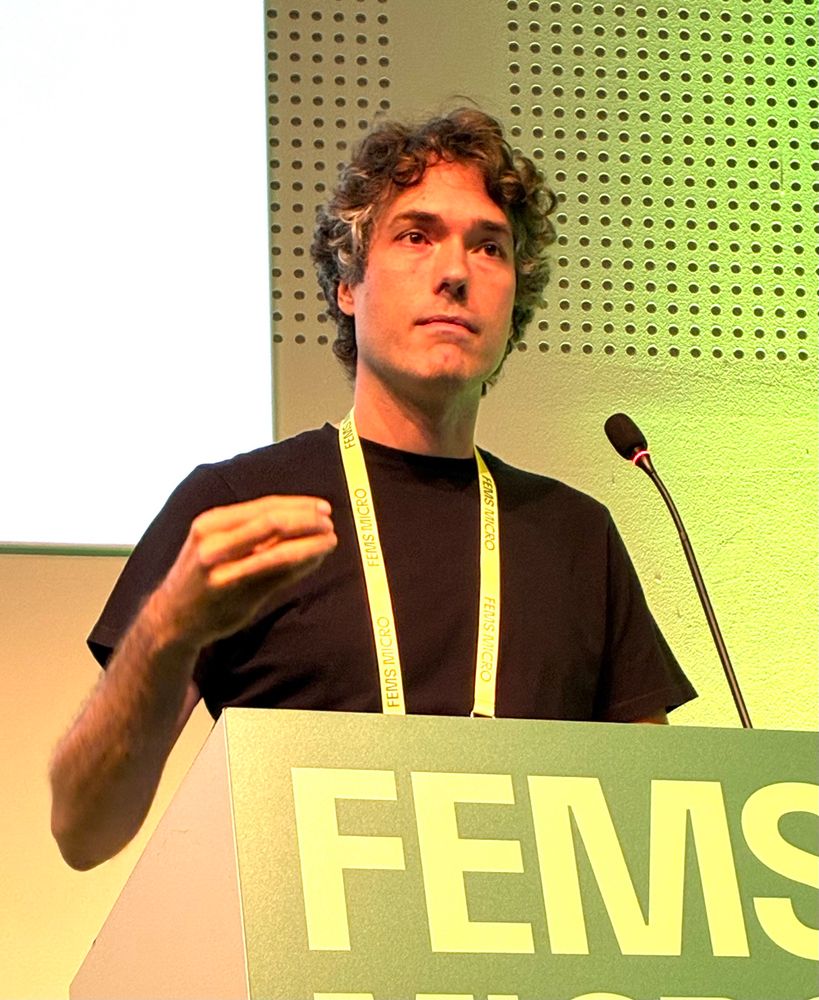
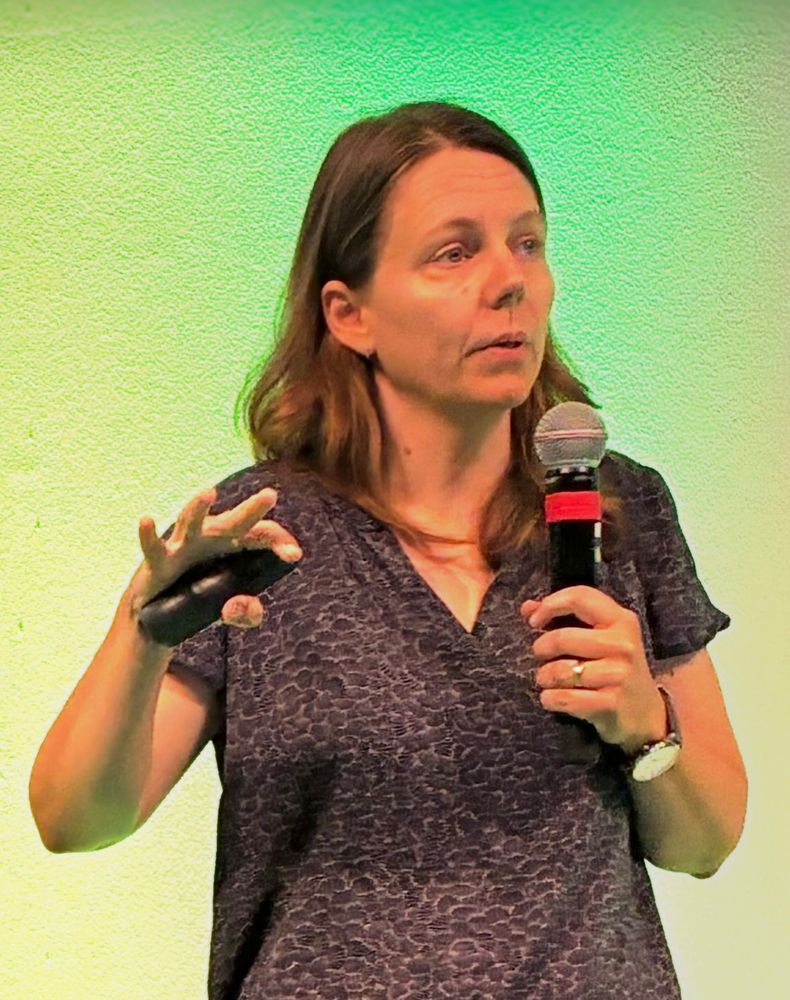
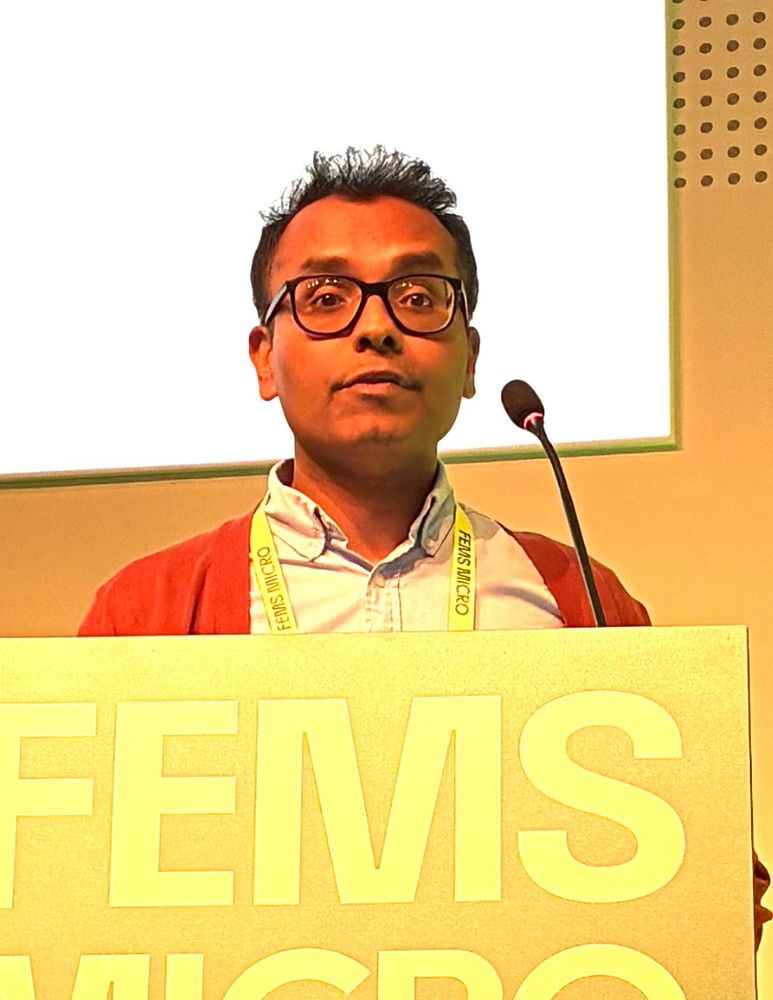
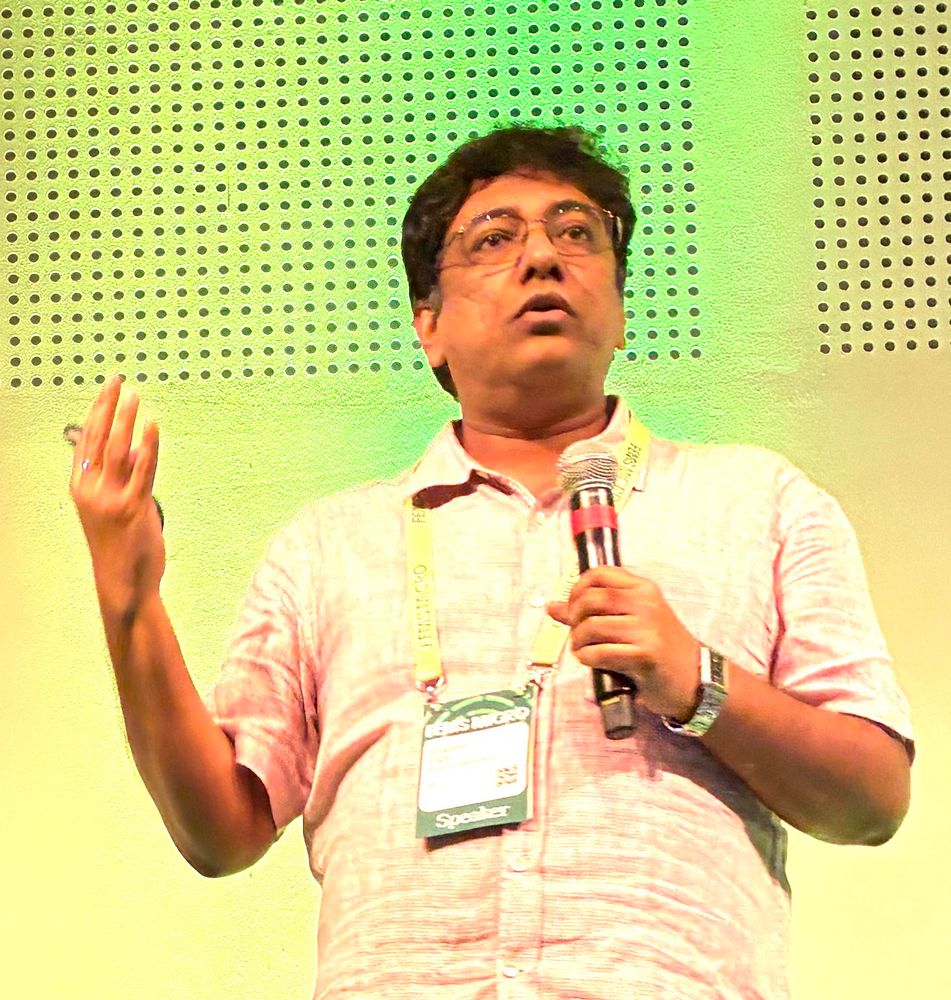
Now is the perfect time to explore the FEMS MICRO app and start building your personalised onsite agenda 📅✅
Flag your favourite sessions ⭐️, identify must-see speakers 🎤, and plan your day 🗺️ to make the most of every moment ⏳
buff.ly/nN0DaPL

Now is the perfect time to explore the FEMS MICRO app and start building your personalised onsite agenda 📅✅
Flag your favourite sessions ⭐️, identify must-see speakers 🎤, and plan your day 🗺️ to make the most of every moment ⏳
buff.ly/nN0DaPL
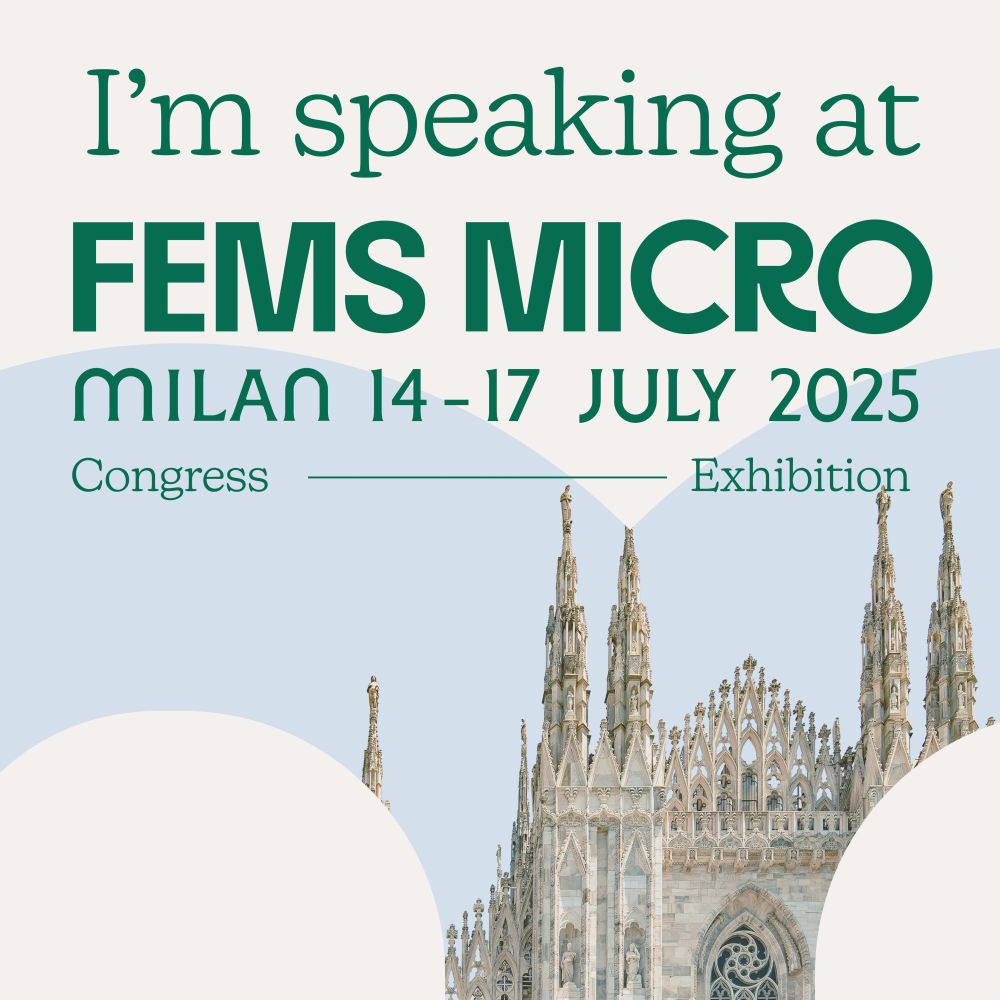
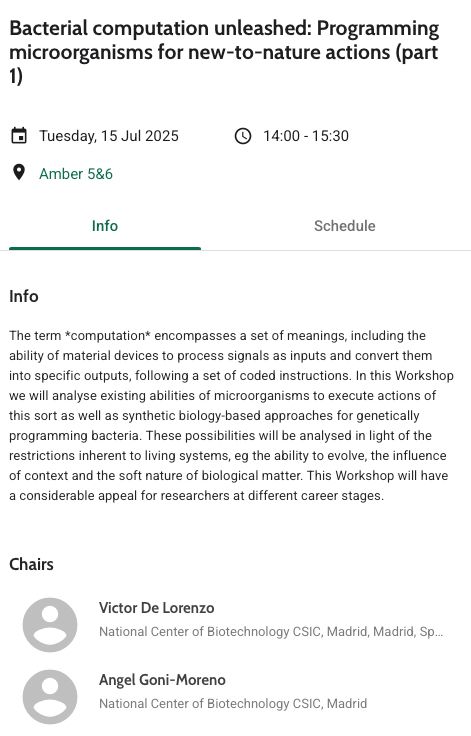
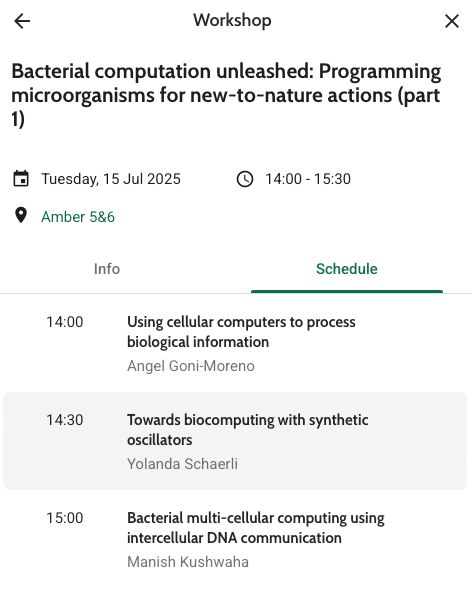
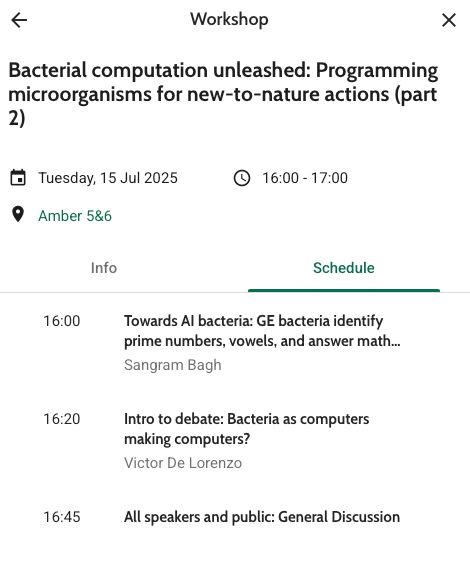


Details here: www.cellularcomputing.team/joinus/
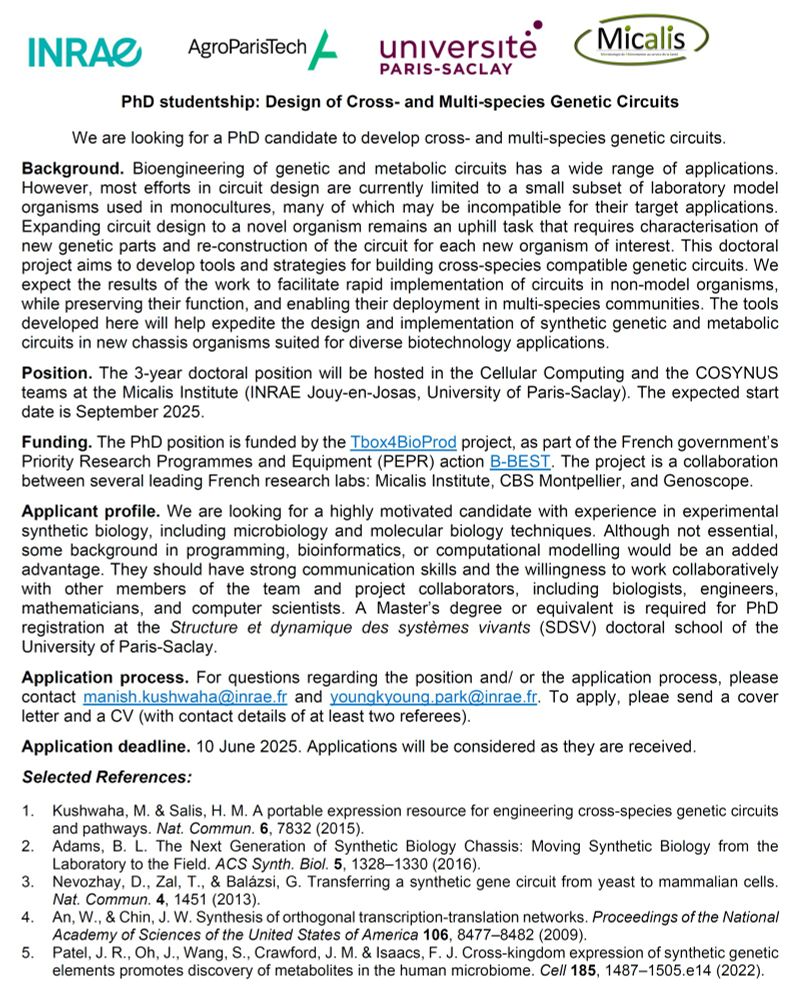
Details here: www.cellularcomputing.team/joinus/
The main paper from the thesis (so far...) 👇
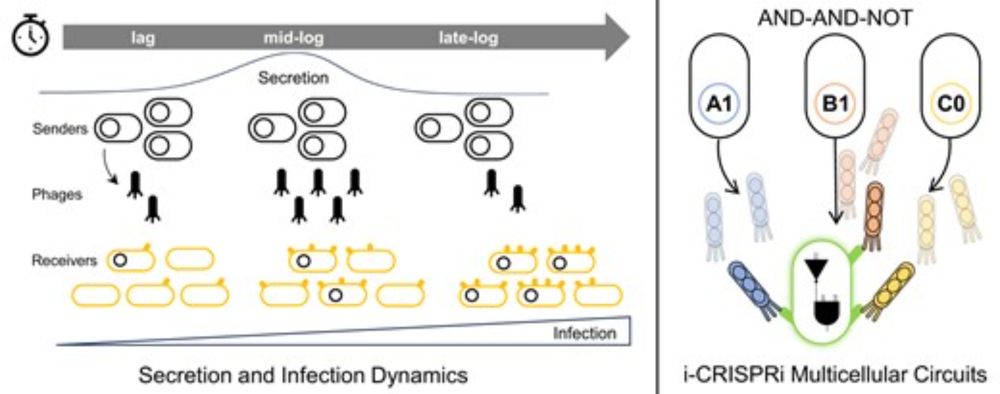
The main paper from the thesis (so far...) 👇
rdcu.be/ehORO
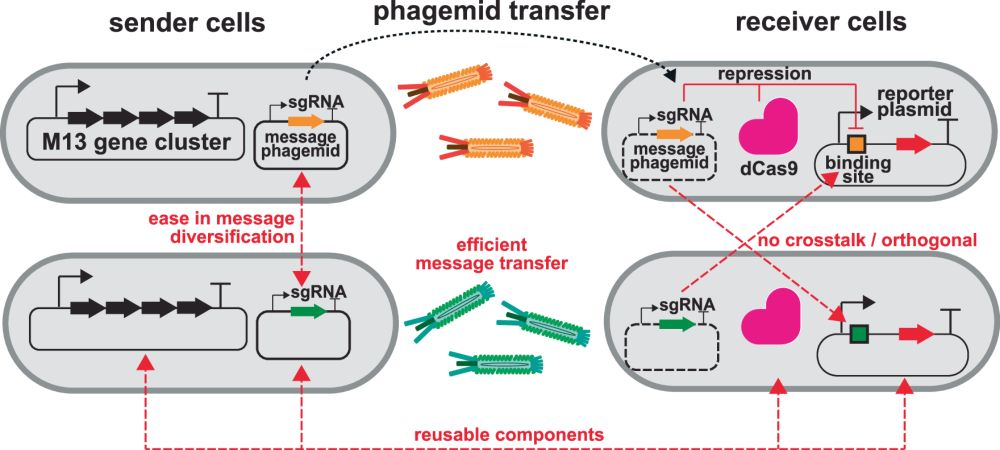
rdcu.be/ehORO
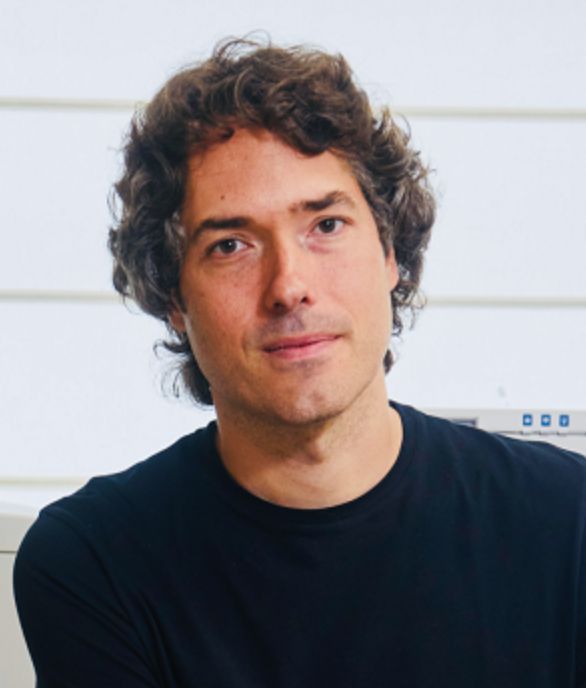

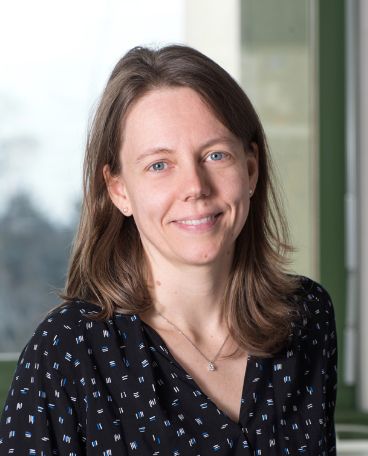

It covers how nanopores work, why they haven't historically been able to sequence individual proteins, and how researchers are adapting them to solve those problems.
Clear writing throughout.
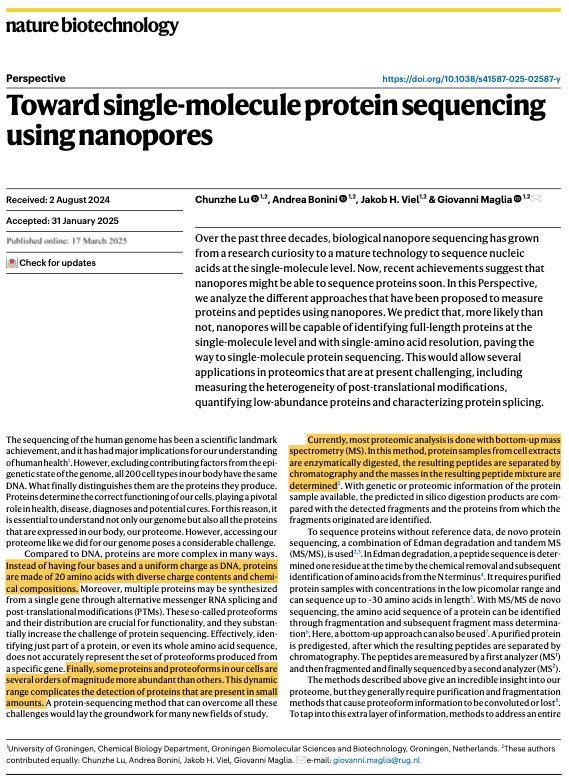
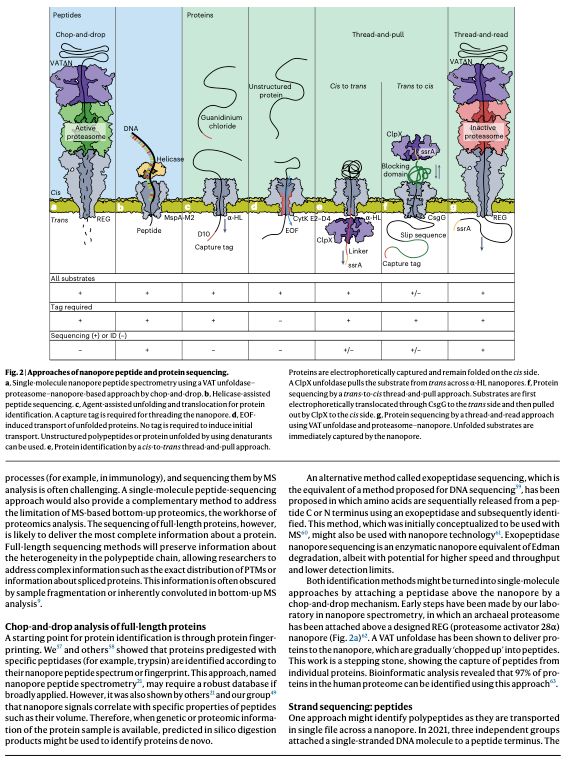
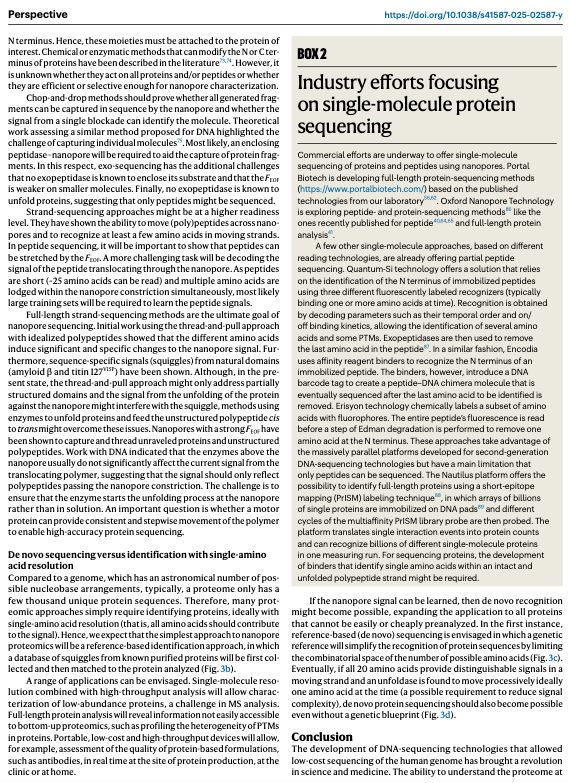
It covers how nanopores work, why they haven't historically been able to sequence individual proteins, and how researchers are adapting them to solve those problems.
Clear writing throughout.
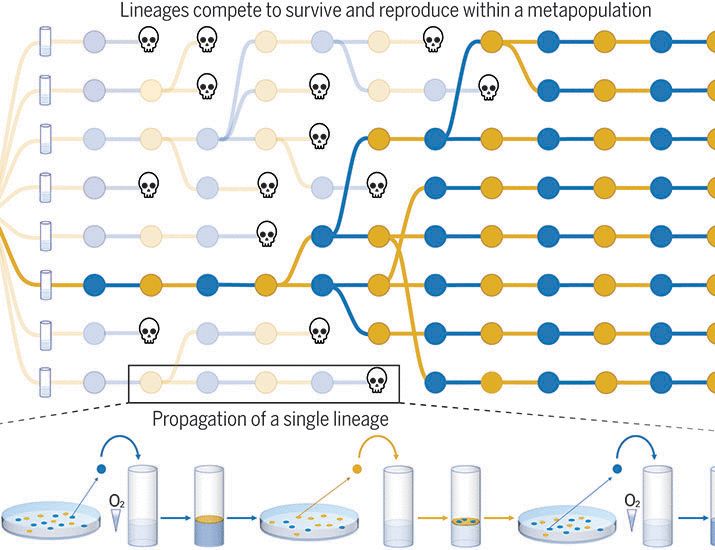
🧬 Passionate about #SyntheticBiology? Based in #Europe? Help grow our community!
We are opening new positions, check them out & apply here 👉 linkedin.com/feed/update/...
#SynBio #ScienceCommunication #Policy

🧬 Passionate about #SyntheticBiology? Based in #Europe? Help grow our community!
We are opening new positions, check them out & apply here 👉 linkedin.com/feed/update/...
#SynBio #ScienceCommunication #Policy
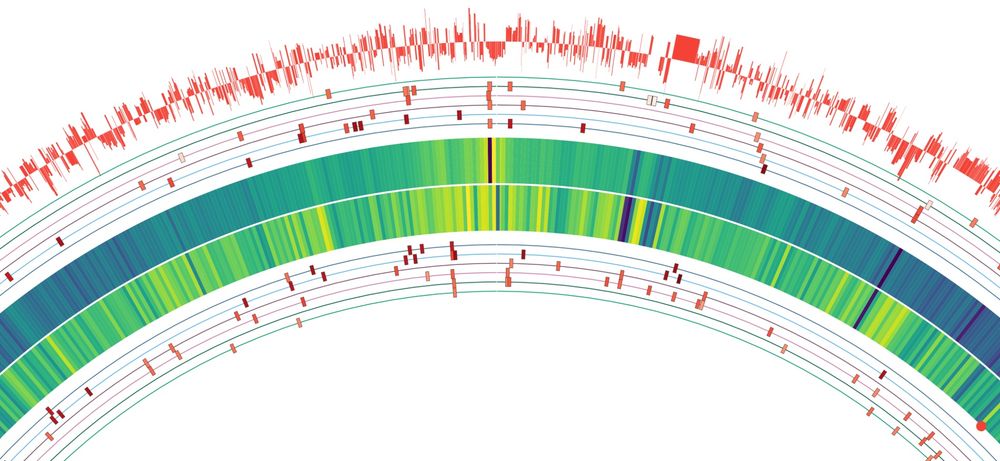
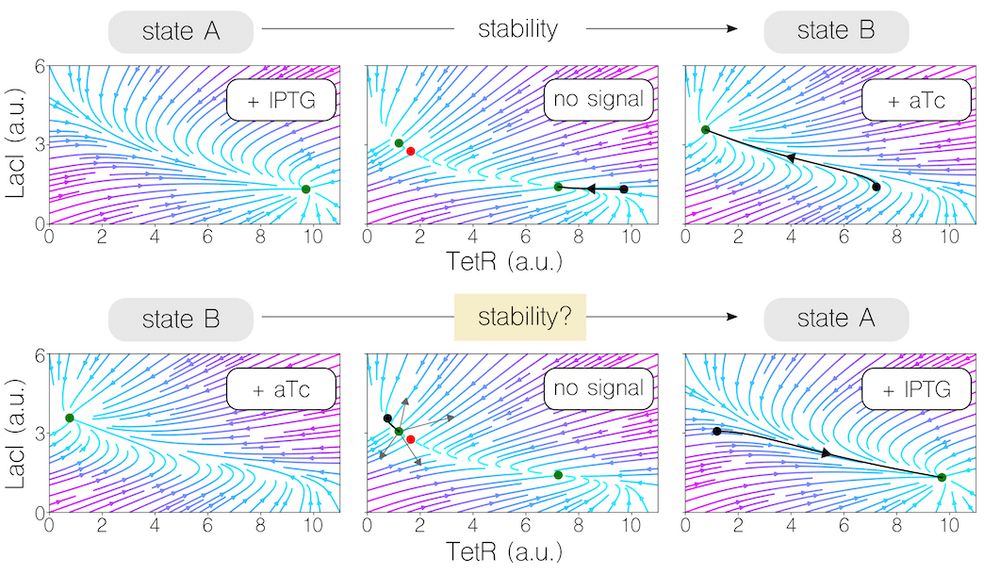
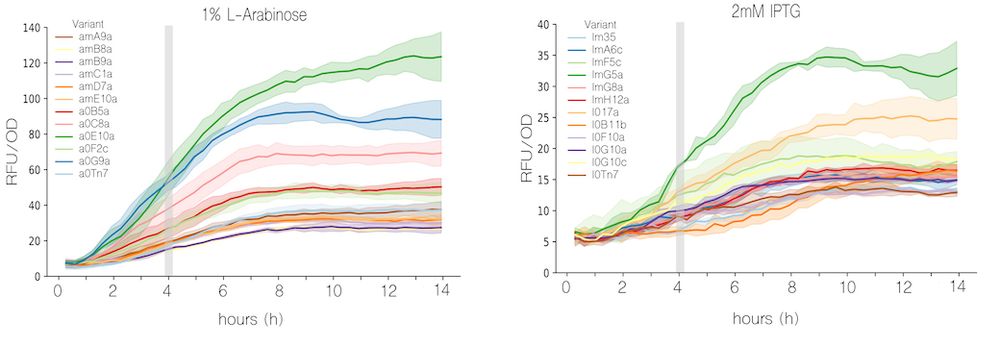
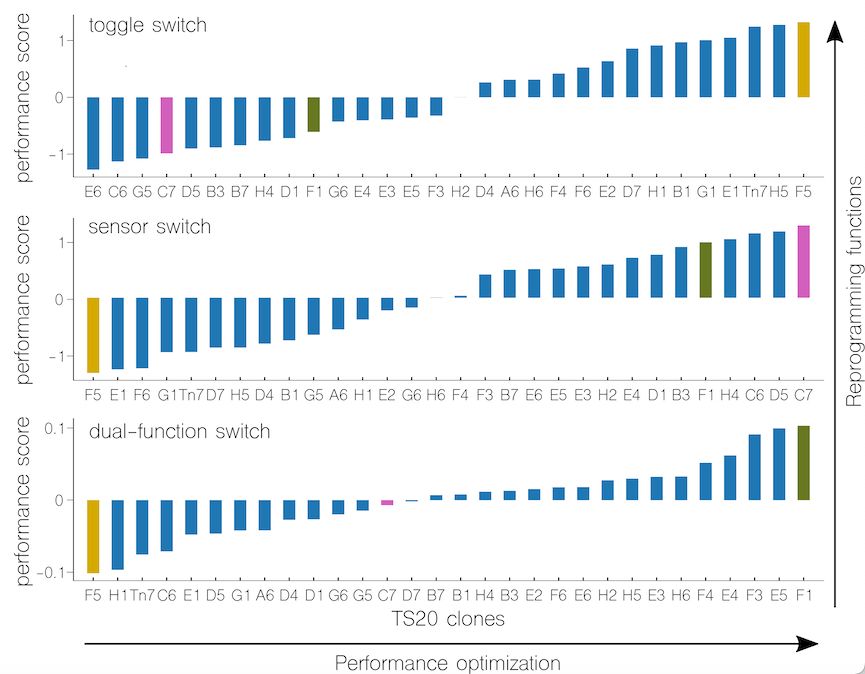
Link to paper: doi.org/10.1038/s415...
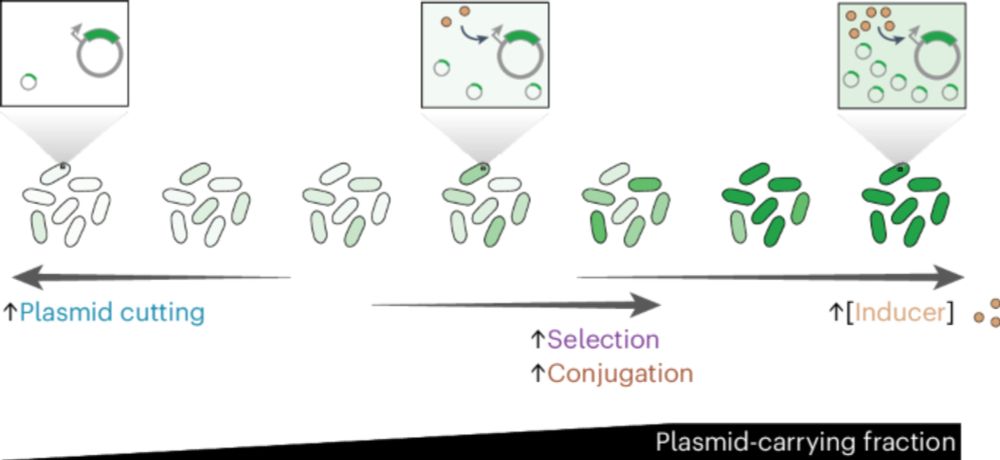
Link to paper: doi.org/10.1038/s415...
nature.com/articles/s41...
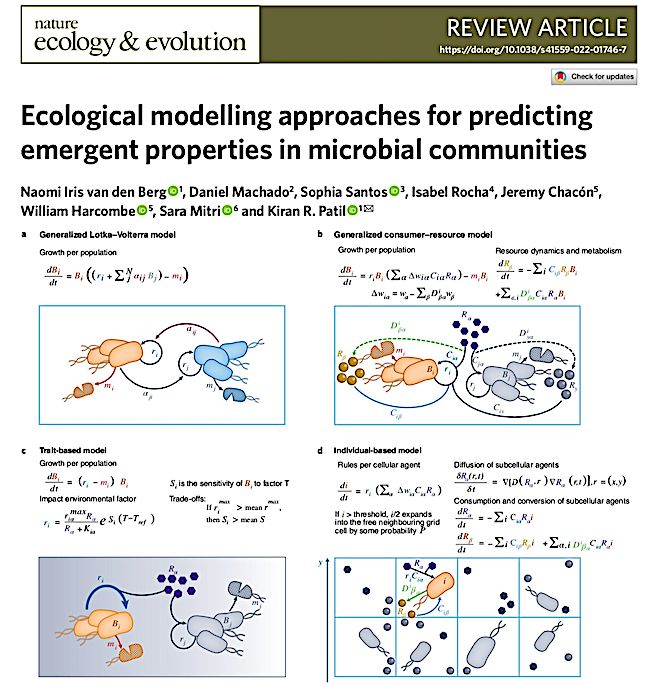
nature.com/articles/s41...


